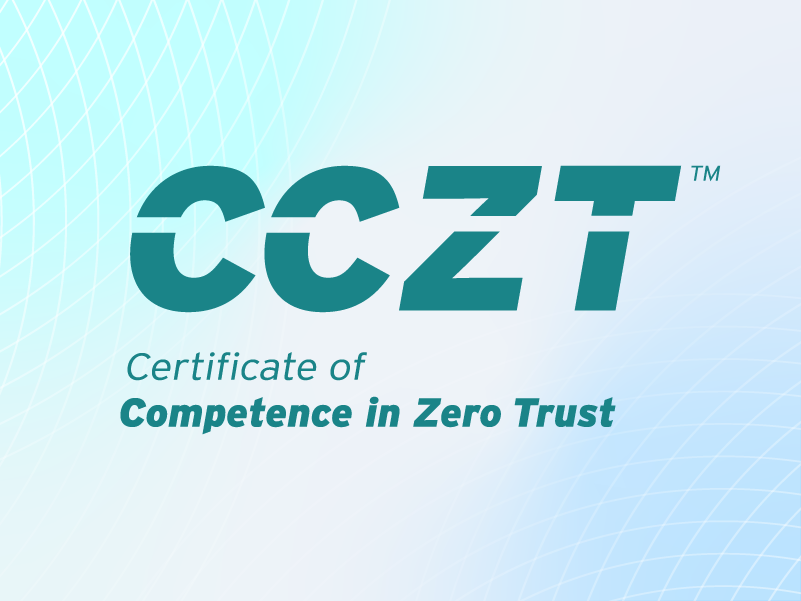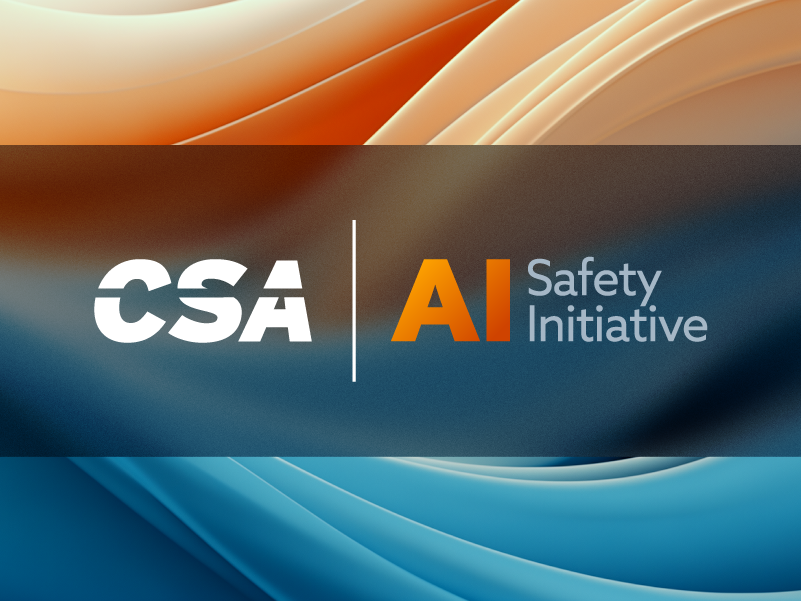Securing Healthcare Enterprises with Future-Ready IAM Solutions
Published 09/01/2023
Written by Sanjay Karandikar, Global Practice Head, IAM, Cybersecurity Services, HCLTech.
The healthcare sector stands at a crucial crossroads. As it embraces cloud technologies to augment patient care and operational efficiency, the demand for robust, reliable cybersecurity solutions is at an all-time high. The digital healthcare landscape is complex and unique, with sensitive patient data at its core. This data, now more accessible than ever due to the digital revolution, is also a prime target for cyber threats.
Hence, the healthcare industry grapples with a two-fold challenge: harnessing digital technologies to enhance patient outcomes while safeguarding patient data from ever-evolving cyber threats. This challenge is further intensified by the need to adhere to stringent regulations that govern data privacy and security in the healthcare sector.
In this scenario, industry-specific security solutions that offer comprehensive protection for patient data on the cloud while maintaining regulatory compliance are paramount. As we delve deeper into this topic, we will explore the landscape and challenges of healthcare cybersecurity and discuss the essential capabilities a comprehensive solution should possess to address these challenges effectively. The future of healthcare hinges on our ability to secure it today.
Security Challenges in Healthcare
With its unique blend of technology and patient care, the healthcare industry presents a distinctive cybersecurity landscape. The sector is a repository of sensitive patient data, including personal identification information, medical histories, and financial details. While crucial for personalized care, this data is also a prime target for cybercriminals. As healthcare organizations increasingly migrate to cloud technologies, safeguarding this sensitive information becomes even more complex.
Moreover, the healthcare industry is subject to some of the most stringent regulations globally. Laws such as the Health Insurance Portability and Accountability Act (HIPAA) and the Sarbanes-Oxley Act (SOX) mandate rigorous data protection measures. Non-compliance can result in severe penalties, both financial and reputational. Therefore, healthcare organizations must ensure their cybersecurity measures are robust and compliant with these regulations.
To mitigate these challenges, having a robust Identity Governance & Administration (IGA) solution is essential. However, implementing a robust IGA solution in the healthcare sector presents its own set of challenges. The IT environment in healthcare is often complex, with a mix of on-premises, cloud and hybrid infrastructures. Integrating an IGA solution with existing systems without disrupting operations is a significant challenge. Scalability is another concern, as the solution must accommodate growing user numbers and IT environments without performance issues or management overhead.
Furthermore, the adoption and change management associated with implementing a new IGA solution can take time and effort. Employees need to understand and adopt new processes and best practices. Compliance requirements are continually evolving, necessitating regular updates to the IGA solution. Cost and resource constraints and the challenge of finding and retaining experienced IGA professionals further complicate the situation. In the face of these challenges, it becomes clear that the healthcare industry requires a robust, reliable solution tailored to its unique needs.
Essential Capabilities for a Comprehensive Solution
Addressing healthcare cybersecurity's complex challenges requires a solution beyond traditional security measures. It necessitates a comprehensive approach that integrates seamlessly with existing systems, scales effectively and is easy to adopt and manage. Let's explore the key capabilities that such a solution should possess.
A future-ready solution should enable uniform identity governance across the healthcare ecosystem. This includes employees and third-party entities such as contractors, vendors and patients. A uniform approach ensures that all identities are managed under a single, consistent framework, reducing the risk of security gaps. Another key part of such a solution is its ability to automate key processes, such as providing access to different modules within products like Epic, which maintain patients’ Electronic Health Record (HER). Epic has a complex security model with potentially thousands of templates and sub-templates. User’s access is determined by a combination of templates, sub-templates and SER records, which makes manually administering user accounts for Epic systems a complex and error-prone process. As a result, healthcare systems and hospitals often experience delays in provisioning clinicians into the Epic environment. Hence, an IGA solution for healthcare customers’ needs to automatically provide the right level of access within Epic and enable automated de-provisioning of access when the healthcare professional no longer needs it.
Moreover, the solution should be scalable, accommodating growing user numbers and expanding IT environments without performance issues or management overhead. Scalability ensures that the solution remains effective and efficient as the organization grows.
The healthcare IGA solution must ensure compliance with regulations such as HIPAA and SOX. This includes providing necessary reporting capabilities and adapting to changes in regulations. Compliance is not just about avoiding penalties; it's about ensuring that the organization's data protection measures meet the highest industry standards.
The development and implementation of such solutions are more than solitary endeavors. They require strategic partnerships between industry leaders who bring together a deep understanding of healthcare cybersecurity challenges and the technical expertise to address them.
Future of Healthcare Cybersecurity
As we navigate the digital transformation journey in healthcare, the right solution, equipped with the essential capabilities we've discussed, is poised to shape the future of healthcare cybersecurity. This future is not just about protecting sensitive data; it's about enabling healthcare organizations to leverage digital technologies confidently and effectively, knowing that their cybersecurity measures are robust, reliable and compliant with industry standards.
In conclusion, securing the future of healthcare requires more than just robust cybersecurity measures. It requires strategic partnerships, industry-specific solutions and a commitment to continuous innovation. As healthcare organizations navigate their digital transformation journey, partnerships will be crucial in ensuring that this journey is secure, compliant and beneficial.
Related Resources



Unlock Cloud Security Insights
Subscribe to our newsletter for the latest expert trends and updates
Related Articles:
Zero Trust for Agentic Pipelines That Touch Cloud Production
Published: 02/27/2026
Core Collapse
Published: 02/26/2026
Agentic AI and the New Reality of Financial Security
Published: 02/26/2026
AI Security: When Authorization Outlives Intent
Published: 02/25/2026


.png)
.jpeg)
.jpeg)

